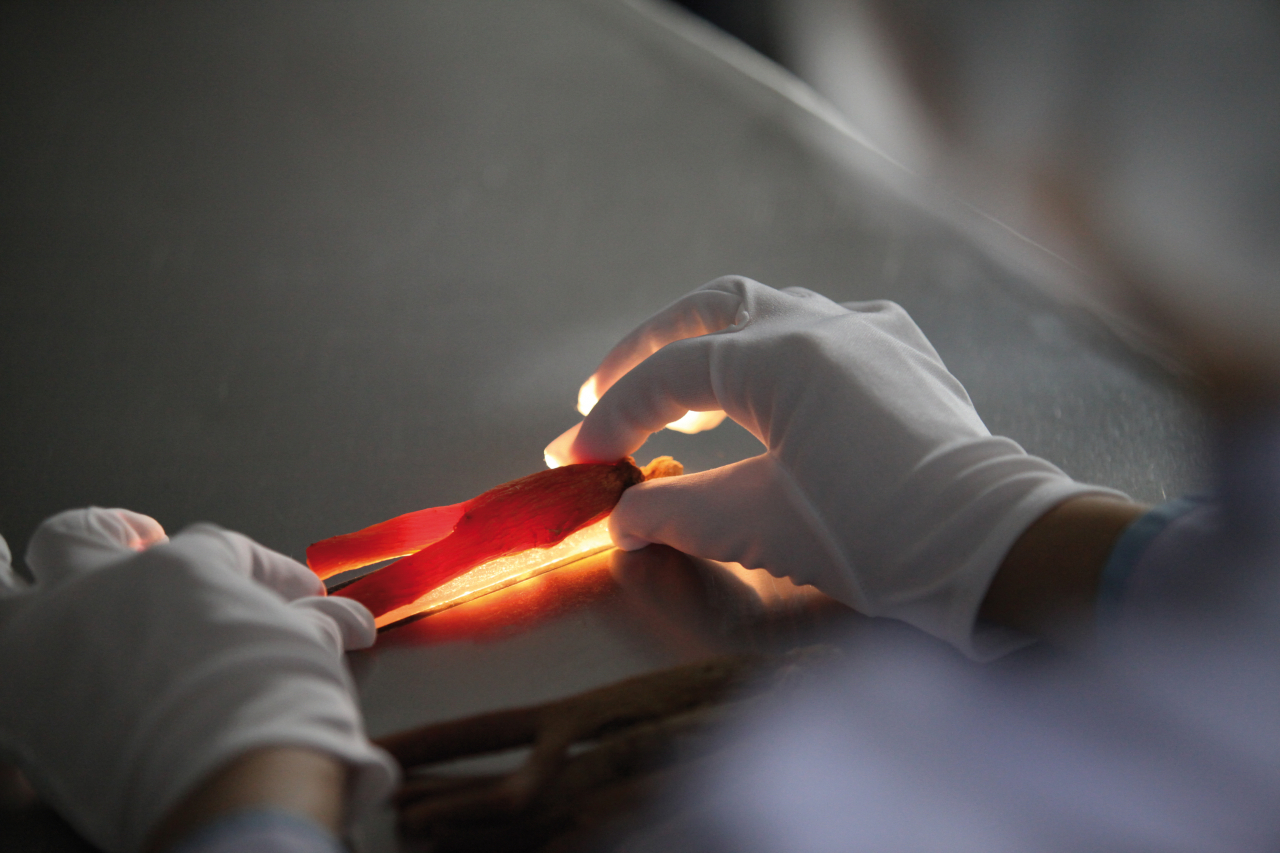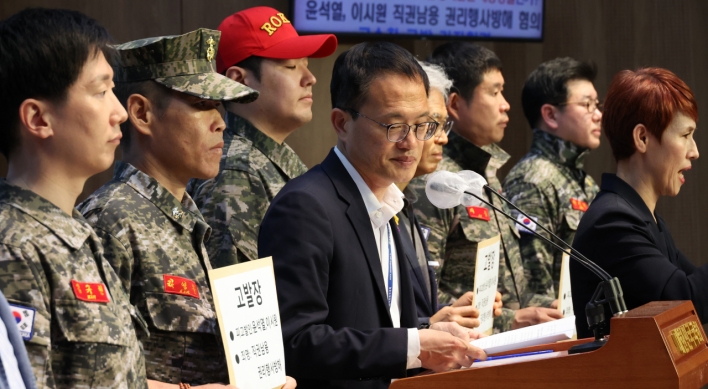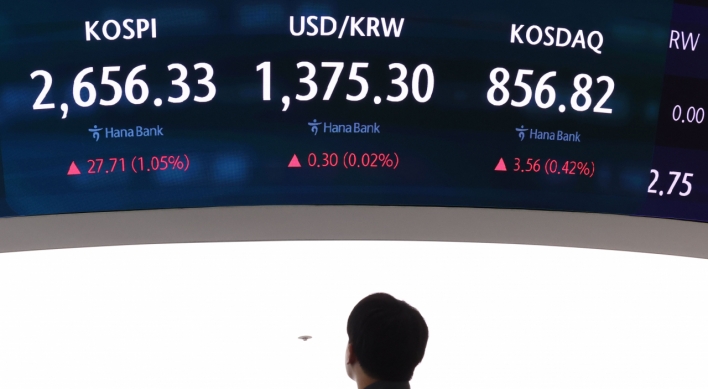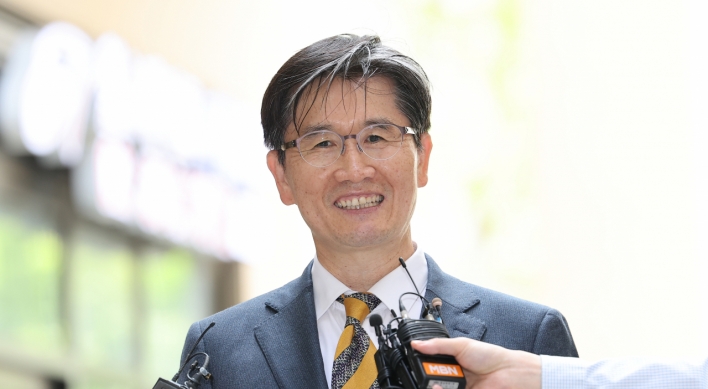
Korea Ginseng Corp., the nation’s leading ginseng manufacturer which has represented the Korean red ginseng industry for the past 125 years, is now taking a new leap forward for the health of people around the world.
As an unrivaled market leader making up some 70 percent of the nation’s red ginseng market, KGC attributed its high-quality red ginseng to the quality control and manufacturing know-how it has accumulated over the last 125 years.
According to JungKwanJang, KGC's flagship red ginseng brand, it takes a total of eight years to produce the highest quality ginseng.
Before planting, it takes two years to conduct a safety inspection and implement soil management to find the optimal environment for cultivating and growing ginseng. Ginseng is then nurtured in the rich soil for six years with over 430 safety tests. JungKwanJang only uses Korean ginseng grown for six years in its product lineup, the firm added.
Under its quality assurance system, the ginseng manufacturer ensures a stable supply of quality ginseng from farmers via “100 percent” contract farming, where every step of raw ginseng production from soil selection to harvesting is directly managed under KGC. For six years, ginseng experts regularly visit and monitor ginseng growers all across the country.
After a final safety test, fully grown ginseng are then sealed and transported to the manufacturing facility.
While preserving a long tradition of inherited craftsmanship of Korean ginseng, KGC pursues cutting-edge ginseng processing techniques to promote the value of K-ginseng.
KGC’s largest Korean ginseng manufacturing facility in Buyeo, South Chungcheong Province, is capable of processing more than 8,000 metric tons of ginseng annually. In 2013, the Korea ginseng factory also acquired the ISO 22000 international food safety management system standard certification.
The company also launched its second factory in Wonju, Gangwon Province, in 2014, a smart factory that adopted automated ginseng manufacturing, including the automation of washing, steaming, sun-drying, formation, appearance sorting, tissue sorting, weight sorting, humidification and pressurizing, packaging, and final packaging.
Last year, the Wonju factory also became the first in the health-functional food industry to obtain Smart HACCP, a certification given to systems that automatically monitor and digitize food safety information.
Beyond Korea, KGC is establishing itself as a global premium brand recognized throughout the world, it said. In 2019, marking the 120th anniversary of the ginseng business, it also announced the "Vision 2025" to foray into the overseas market.
The overseas sales of KGC steadily increased to post 201.6 billion won in 2022, accounting for 15 percent of its total sales in the same period.
KGC currently has 4 overseas subsidiaries in China, Taiwan, Japan and the US, while its ginseng product is exported to over 40 countries. According to the global market research and industry analysis Euromonitor, JungKwanJang made up about 42 percent of the global ginseng market share as of 2022.
KGC is also sparing no efforts in research and development investment for quality improvements and the overseas expansion of red ginseng, a certified functional food for health.
"JungKwanJang boasts 125 years of history and tradition buoyed by strict quality control and continuous research and development," said a KGC official.
Playing a leading role in raising Korea’s status as a ginseng production country, the KGC R&D center also established a presence in China and Los Angeles last year. Besides the red ginseng-centered business, KGC is also seeking a diversified business portfolio in the health-functional food industry by launching new brands to fulfill the new market demands.
"We will strive to strengthen our efforts to expand into overseas markets, not just for Korea but for the healthier future of people all around the world," the official said.










![[Weekender] How DDP emerged as an icon of Seoul](http://res.heraldm.com/phpwas/restmb_idxmake.php?idx=644&simg=/content/image/2024/04/25/20240425050915_0.jpg&u=)

![[Today’s K-pop] NewJeans' single teasers release amid intrigue](http://res.heraldm.com/phpwas/restmb_idxmake.php?idx=644&simg=/content/image/2024/04/26/20240426050575_0.jpg&u=)






![[Herald Interview] Mistakes turn into blessings in street performance, director says](http://res.heraldm.com/phpwas/restmb_idxmake.php?idx=652&simg=/content/image/2024/04/28/20240428050150_0.jpg&u=)
